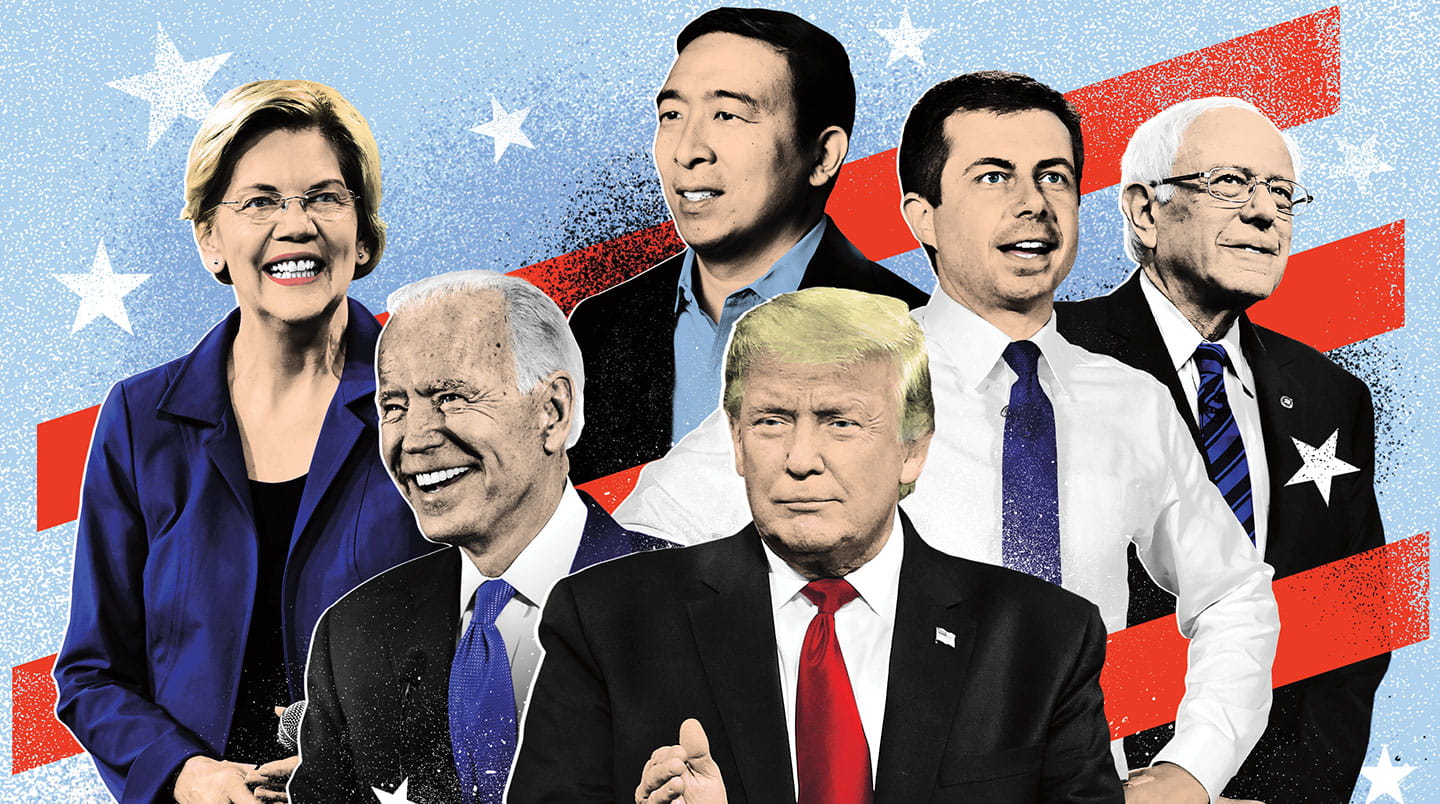November’s presidential election may seem like a long way off, but the race for the White House has been under way for months—and it’s about to kick into high gear.
Starting February 3, the Republican and Democratic parties will hold state-by-state elections to choose their official presidential candidates. Those preliminary elections are called primaries and caucuses.
The Republican nominee for president is all but certain to be President Donald Trump. He is running for reelection as an incumbent, with little opposition. But it is still anybody’s guess who the Democratic pick will be. When this issue went to press, more than a dozen Democrats were competing for their party’s official nomination.
How do the primaries work? How are the winners determined? And why should you care? Here’s what you need to know about these early election contests.
November’s presidential election may seem a long way off. But the race for the White House has been under way for months—and it is about to kick into high gear.
Starting February 3, the Republican and Democratic parties will hold state-by-state elections. The goal is to choose their official candidates for president. Those preliminary elections are called primaries and caucuses.
The Republican nominee for president is all but certain to be President Donald Trump. He is running for reelection as an incumbent. He has little opposition. But it is still anybody’s guess who the Democratic pick will be. When this issue went to press, more than a dozen Democrats were competing for their party’s official nomination.
How do the primaries work? How are the winners determined? And why should you care? Here is what you need to know about these early election contests.

